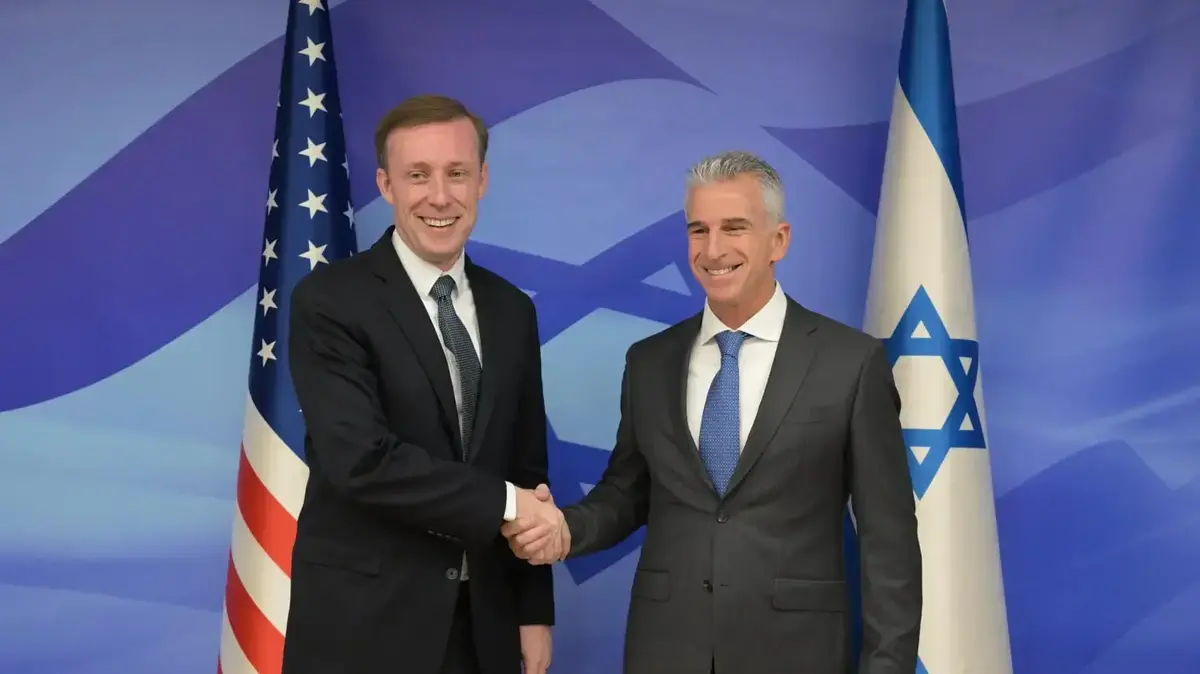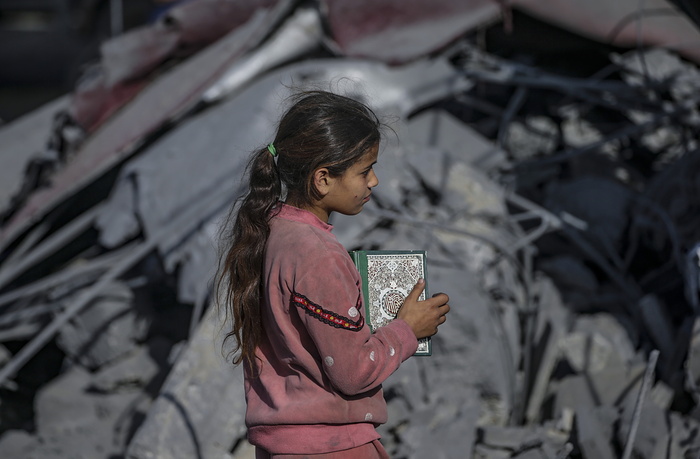"Israelis will be able to visit us in three to five months," said senior adviser to Crown Prince Ben-Zayed. More are expected this year
"Within months - Israeli passport holders will be able to visit the United Arab Emirates"
Photo:
Getty Images, Google Earth
Throughout the weekend, the normalization agreement between Israel and the United Arab Emirates made headlines in all the media in the Muslim world, with reference to the leaders of most countries. Reactions ranged from greetings in Bahrain and Oman, through an interesting Saudi silence - to the anger expressed by Turkish and Iranian presidents Recep Tayyip Erdogan and Hassan Rouhani, who were, of course, joined by the Palestinians. The senior emirates of the UAE in general, and the Crown Prince of Abu Dhabi, Muhammad bin Zayed, were not thrilled at all.
In a special interview with "Israel Today", a senior adviser to the Crown Prince says that Bahrain and Oman are the next principalities that are expected to sign agreements with Israel before the end of the civil year. "Morocco and Israel have the infrastructure ready for a full agreement soon," the adviser surprised. "The two countries have extensive tourism, and trade and economic relations." The Moroccan consideration, he said, "is the desire for American backing to annex Western Sahara."
Photo: GPO
Since the announcement of the agreement, a major issue that is of great interest to Israelis is a visit to the United Arab Emirates in general, and major tourist sites - such as the tallest tower in the world, Burj Khalifa, and the Palm Islands in Dubai. "Within three to five months, Israeli passport holders will be able to visit the United Arab Emirates," the senior adviser estimated. He added that "flights from Tel Aviv to Dubai and from Dubai to Tel Aviv will pass over Saudi Arabia."
Regarding the process that led to the historic agreement, mediated by US President Donald Trump, the senior emirate said that "contacts for the agreement began after Trump was elected and the presentation of the century plan". Other issues that led to the final agreement are, according to Muhammad bin Zayed's adviser, "the Iranian threat, the corona plague, and Israel's intention to apply sovereignty over the Jordan Valley and parts of the West Bank."
The senior adviser concluded that "in the coming weeks, teams from the two countries will meet to formulate bilateral relations between the two countries. The agreement will include the establishment of embassies in Abu Dhabi and Tel Aviv, but in the first phase, low-level consulates or diplomatic missions will be opened."
Photo: Reuters
Compared to optimism in the emirates, among Palestinians pessimism is at its peak. Dozens of Arabs who came to prayers on the Temple Mount on Friday ignited a picture of Muhammad bin Zayed. On his picture, X was marked in red and the word "traitor" was written in Arabic. In a conversation with Israel Today, a senior Ramallah official attacked the agreement: "The United Arab Emirates betrayed us and stabbed us in the back."
Those who took advantage of the situation, as expected, to stir up the winds and cut a political coupon within their country and in the Muslim world from the agreement, are the presidents of Turkey and Iran. "We are considering closing our embassy in Abu Dhabi and ending diplomatic ties with the United Arab Emirates," Erdogan commented on the normalization of relations between Abu Dhabi and Jerusalem. This is a remarkably ridiculous statement, since Erdogan himself holds an embassy in Tel Aviv with a representative at the level of a second secretary at his head.
In the case of the Iranians, the tone was more aggressive. "If the UAE opens the way for Israel to enter our region, then our calculations will change," Rouhani said. At the same time, the Revolutionary Guards sent a threat that the Emirates was expecting a "dangerous future" following the normalization of relations.
Pilot, General and Regent: Who are you, Muhammad bin Zayd?
• A brave leader is needed: Abu Mazen is stuck in Oslo
• Iran threatens: "Dangerous future" for Emirates
Meanwhile, the UN Security Council has rejected the United States' proposal to extend the arms embargo on Iran indefinitely. "This will allow the world's largest terrorist sponsor to continue buying and selling arms," noted US Secretary of State Mike Pompeo.
"Disgrace in the Security Council"
The Israeli reactions were no less forceful. "The decision of the UN Security Council not to allow the renewal of the arms embargo on Iran is a scandal," said Prime Minister Benjamin Netanyahu. "We will continue to work closely with the United States and countries in the region to curb Iranian aggression."
Israel's ambassador to the UN, Gilad Ardan: "The Security Council's opposition to extending the arms embargo on Iran is a disgrace. The council has failed in its role of protecting peace and security, and its decision will lead to destabilization in the Middle East and around the world. "
Yuri Yalon and Dean Shmuel Elmas participated in the preparation of the article









/cloudfront-eu-central-1.images.arcpublishing.com/prisa/5CYUPDL33BHRNA5AWKOZ3OGFK4.JPG)